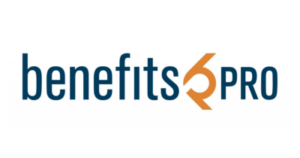Insurance can be a tricky (and risky!) business. Not least because of all the different kinds of insurance companies out there who are able to provide insurance products. We’re going to help you understand one of them – risk retention groups (RRGs).
RRGs’ beginnings
An RRG is a type of insurance company that has been formed and operated following the federal Risk Retention Act of 1981 (amended in 1986). It is a type of captive insurance company. A captive insurance company, for those not in the know, is owned by its policyholders. Often, a captive is set up to insure the risks of its parent company.
RRGs differ from captives in a few ways. Instead of having just one single parent policyholder, RRGs must have at least two. Captives have been around for close to a century, but RRGs have only been around since 1981. Captives can be domiciled anywhere in the world, but RRGs are limited to just the US. However, RRGs can operate in all 50 states while being regulated by only one state. Meanwhile, captives are subject to regulation by every state that they operate in. Lastly, RRGs are limited to providing liability insurance only.
Is an RRG right for your client?
RRGs can be an effective way to provide flexible and relatively affordable liability coverage for a business. However, initial start-up costs can be quite high, so that rules out many smaller companies (unless a group of them band together to form an RRG). To form an RRG, your client will have to find at least one other company that has similar liabilities.
RRGs currently offer liability insurance coverage to a huge range of policyholders including hospitals, dental practices, educational institutions, churches, and non-profits. New RRGs are formed every year in response to many industries requiring affordable liability insurance.
As for whether RRGs are suitable for your clients, it all depends on their circumstances. RRGs offer some benefits in the form of not having to be regulated in every state that they operate in and having control over risk and litigation management issues. However, any risk is limited to just liability insurance and there’s no need to have a financial rating from a rating agency.
If your clients are willing to take on the risk of RRGs, however, it may offer an affordable and more flexible alternative to traditional insurance.


